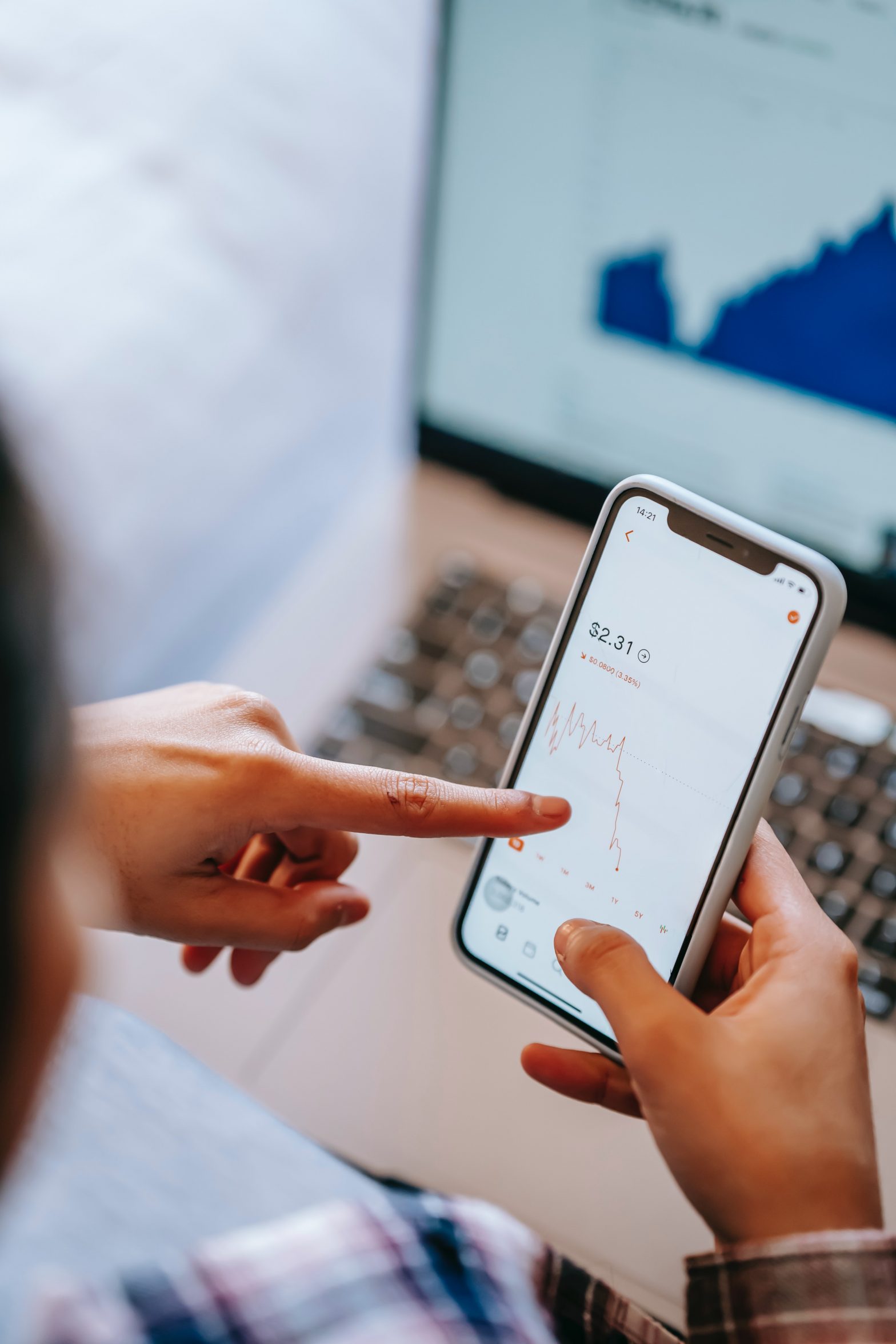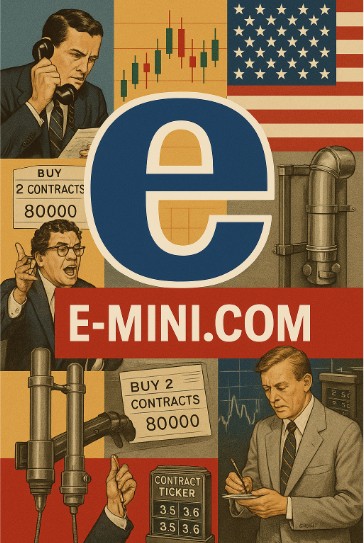What Is Futures Trading?
Futures trading has been around for a long time, but in recent years it has become more popular than ever. Futures trading is an agreement between two parties (traders) to buy or sell a certain asset at an agreed price on or before a certain date. The asset being traded can be anything from commodities such as oil, gold, and wheat; to currencies; to stock indices. In futures trading, the contract is binding and must be fulfilled by both parties regardless of price movements or other market conditions that may arise over time.
What To Look for When Choosing a Broker
When it comes to choosing a broker for futures trading there are several factors to consider. First and foremost, you want to make sure you are dealing with a reliable and reputable broker. You should also research the platform they offer and make sure that it is user-friendly and has the features necessary to meet your trading needs. Additionally, look into the fees they charge for different services and make sure those fees are reasonable according to industry standards. Finally, contact the broker’s customer service team to get additional information about their policies and procedures.
Futures Contracts Things to Know
When entering into futures contracts traders must be aware of certain aspects such as margin requirements, liquidity risks, contract expiration dates, and other factors that may affect their trades. Margin is an amount of money set aside by both parties to ensure fulfilment of the futures contract in case of market fluctuations. In addition, liquidity risk is an important factor to consider when trading futures as certain contracts may not be liquid enough to easily make trades at a later date. Finally, expiration dates must also be taken into consideration as some contracts may expire before they can be completed. Our futures brokers are there to help.
How Is Margin Calculated for Futures Trading?
The margin requirement for futures trading is determined by the exchange that the contract was traded on and is usually expressed as a percentage of the total value of the contract. The amount of money required to open or close a position will vary depending on volatility and other market conditions, but it generally ranges from 5-20% for most commodities and up to 25% for currencies.
Cryptocurrency futures contract vs Forex Trading
Cryptocurrency futures contracts and forex trading are both popular types of trading, but there are some important differences to consider. Cryptocurrency futures have the advantage of allowing traders to speculate on the price movements of digital assets without actually owning them. On the other hand, forex trading involves exchanging different currencies to take advantage of fluctuations in exchange rates. In addition, cryptocurrency futures contracts tend to be more volatile than forex trading which can make them a riskier investment/trade.
Types Of Futures Market Exchanges To Invest In
When choosing a futures market exchange to invest in it is important to do your research and evaluate how each one operates. Some popular exchanges include the Chicago Mercantile Exchange (CME), the Intercontinental Exchange (ICE), and Eurex. Each of these exchanges offers a variety of futures contracts that can be used to speculate on assets such as commodities, currencies, and stock indices.
FAQs
Which futures trading platform is best?
When it comes to choosing the best futures trading platform, there are a few important factors to consider. First, you should look for a brokerage firm that specializes in futures trading and provides an intuitive, easy-to-use interface. You should also check the fees associated with trading futures. The broker’s commission fee structure can vary significantly depending on the types of futures contracts traded and the size of trades. It’s important to compare the fees charged by each broker before making your decision.
In addition, you should pay attention to account minimums for futures trading. Some brokerage firms may require a larger initial deposit than others, so make sure to check the requirements before committing to a brokerage firm.
Tips to choose a futures broker?
When it comes to choosing a futures broker, there are several key tips to keep in mind. First, make sure the firm is registered with the National Futures Association (NFA) and complies with all applicable regulations. Next, you should look for a brokerage that offers competitive commission fees and low minimums for opening an account. Additionally, it’s important to consider the types of futures contracts offered by the firm and whether they offer a wide range of trading tools. Finally, be sure to research customer reviews of the broker to get an idea of their overall service quality.
Best futures contracts examples to trade?
There are a variety of futures contracts available for traders across different asset classes, including commodities, indices, currencies, and stocks. For example, popular futures contracts include the S&P 500 Index (SPX), Crude Oil (CL), Gold (GC) and EuroFX Currency Futures (EC). Additionally, traders may also be able to access more specialized products such as Treasury Bond future contracts or agricultural futures.
What is the account minimum for future traders?
The minimum amount required to open a futures trading account can vary significantly by broker. Generally, most brokers require an initial deposit of $2,000 or more before opening a futures trading account. However, some may offer lower minimums of around $500 or even allow you to start trading with a few hundred dollars.
Who is the best futures broker?
There is no single “best” futures broker as it largely depends upon individual preferences, trading objectives and budget. However, some of the most popular brokers for futures trading include Interactive Brokers, TD Ameritrade, E*TRADE and Charles Schwab. But, when it comes to a brokerage that will pick up the phone right away, it would be very hard to match Cannon Trading, E-Futures, and E-mini.com. Our high-quality customer service is reflected by our five-star reviews.
How much do you need to trade futures?
The amount needed to start trading futures can vary significantly depending on the broker used and type of futures contract traded. Generally, most brokers require an initial deposit of $2,000 or more to open a futures trading account. However, some may offer lower minimums of around $500. Additionally, the margin requirements for each futures contract will vary based on the type of underlying asset and whether the trader is opening a long or short position
Finding the right futures broker in 2023 is an important step towards trading with confidence. By researching brokers, familiarizing yourself with different types of futures contracts, calculating margins correctly, understanding the differences between cryptocurrency futures and forex trading, and selecting the right market or exchange. With the right futures broker by your side, you can take advantage of potential profits while minimizing risk. Get started today with E-mini.com by calling 1(800)454-9572 and speaking to one of our experienced (20+ years in some cases), Series-3 licensed futures brokers.
*Futures trading is risky and not suitable for everyone.




